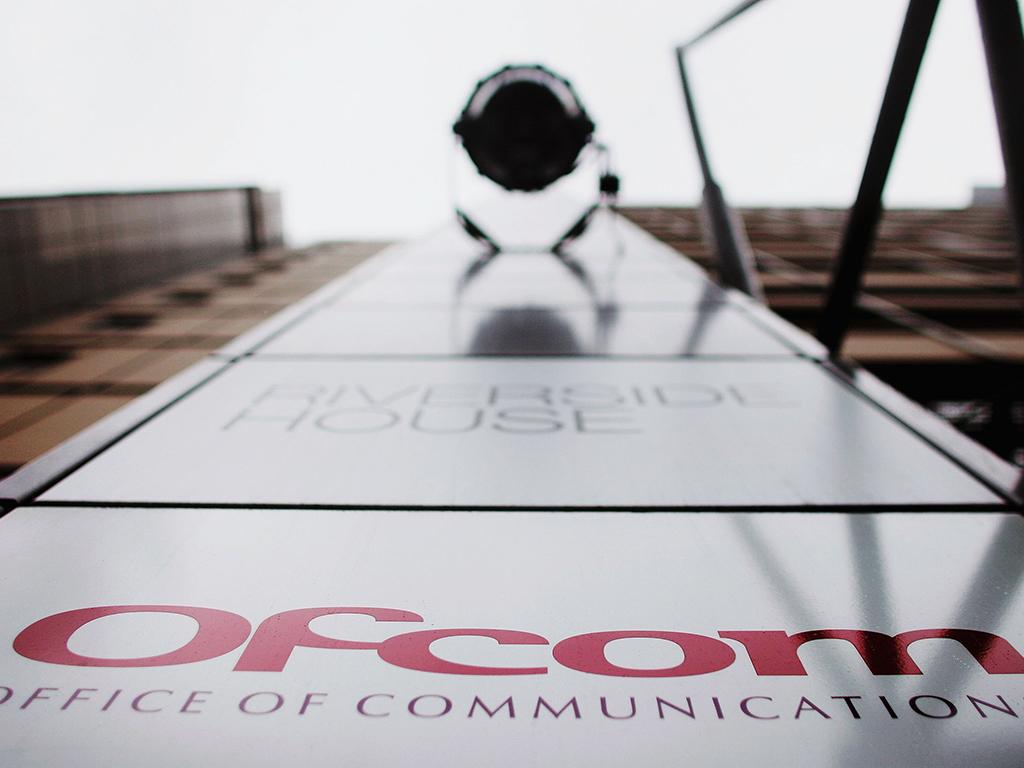Internet of Things panics regulators
UK and US regulators are becoming increasingly concerned about how to manage the Internet of Things

UK and US regulators are urging their respective governments to act now in order to protect consumers from the potential dangers of the "Internet of Things"
For those unfamiliar with the term, the Internet of Things (IoT) refers to the ability of everyday objects to connect to the internet, allowing them to send and receive data. Nowadays, we all possess an abundance of personal gadgets that are constantly connected to the net, with practically everyone carrying a smartphone around in their pocket.
But the rise in other forms of technology that are constantly connected to the web is growing. This might be home automation systems that turn on your kettle when you wake up in the morning, to activity trackers that share with your friends how many miles you’ve run that day.
Six years ago the number of “things” connected to the internet surpassed the number of people
Six years ago the number of “things” connected to the internet surpassed the number of people, with experts estimating that in 2015, there will be more than 25 billion connected devices, and by 2020, that number will increase to 50 billion.
It is for this reason that UK regulators, Ofcom and the Federal Trade Commission (FTC) in the US are taking steps to create a regulatory framework that will protect consumers, though they are aware that any decision must be designed in such a way that it does not harm innovation in the technology sector.
In the UK, Ofcom wants to ensure that the necessary tools and infrastructure are in place to allow the IoT to develop unhindered. To support this, Ofcom has already released spectrum for machine-to-machine uses – making the UK among the first countries in Europe to do so.
Ofcom plans to work closely with the UK government, along with other regulators and the technology industry in order to strike a balance that will ensure that IoT products can be developed without barriers, but at the same time ensure that issues, such as data protection are protected.
“The Internet of Things will bring benefits to a range of sectors and could change the way we live our lives”, said Steve Unger, Acting Ofcom Chief Executive. “As a result of this growth, we have listened closely to industry and want to develop a framework for this technology to evolve in a way which will ultimately benefit citizens and consumers.”
In the US, the FTC admitted in a recent report that, while the IoT will bring many benefits to consumers, it is likely to meld the virtual and physical worlds together in ways that are currently difficult to comprehend.
The US regulator shared similar sentiments to that of Ofcom, with it reluctant at this stage to propose any legislation for risk of harming its highly profitable technology sector, but recognised the need to protect consumers. For now, the FTC recommended self-regulatory efforts on the IoT, along with enactment of data security and broad-based privacy legislation.
“We’re now in a world where data is being collected all the time”, said FTC Commissioner Edith Ramirez at the State of the Net conference. “We’re bringing these devices into our homes, into what used to be private spheres, and the data that is being generated is increasingly much more sensitive.
“It’s really in my mind fundamental that consumers continue to be in the driver’s seat, that they have a say in their own information and how it’s being used.”













